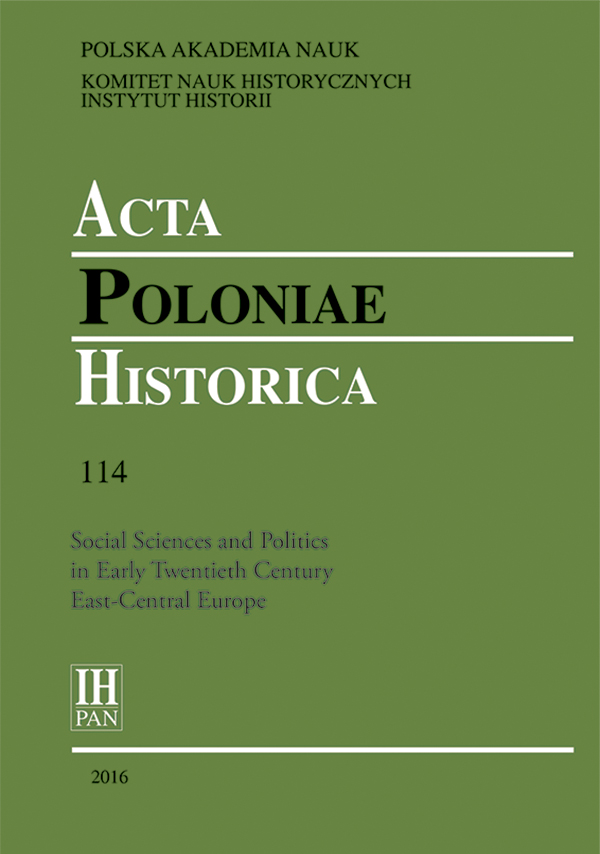The Discrimination of Władysław Konopczyński in the People’s Republic of Poland
The Discrimination of Władysław Konopczyński in the People’s Republic of Poland
Author(s): Piotr BilińskiSubject(s): History, Cultural history, Political history, Social history, Recent History (1900 till today), WW II and following years (1940 - 1949), Post-War period (1950 - 1989)
Published by: Instytut Historii im. Tadeusza Manteuffla Polskiej Akademii Nauk
Keywords: history of historiography; Stalinism in Poland; relations between the academia and totalitarian rule
Summary/Abstract: This article discusses the relation of the eminent Polish historian Władysław Konopczyński (1880–1952) to the newly established communist rule. As president of the Commission of History of the Polish Academy of Arts and Sciences, the editor-in-chief of the Polish Biographical Dictionary, and one of the few internationally known Polish historians who survived the war, the old Konopczyński enjoyed much prestige among his colleagues and in the Polish academia in general. For this and the other reasons indicated in the paper, the communist authorities choose him as the symbol of the ‘bourgeois’ scholarship and decided to discredit him and get rid of his person. The paper presents the ways in which the government exercised pressure on the scholar and his colleagues, causing Konopczyński’s resignation from all his posts, and depriving him the opportunities to teach and publish. Finally, the moral and practical results of this campaign on the historian’s collaborators and colleagues are analysed.
Journal: Acta Poloniae Historica
- Issue Year: 2016
- Issue No: 114
- Page Range: 159-189
- Page Count: 31
- Language: English

